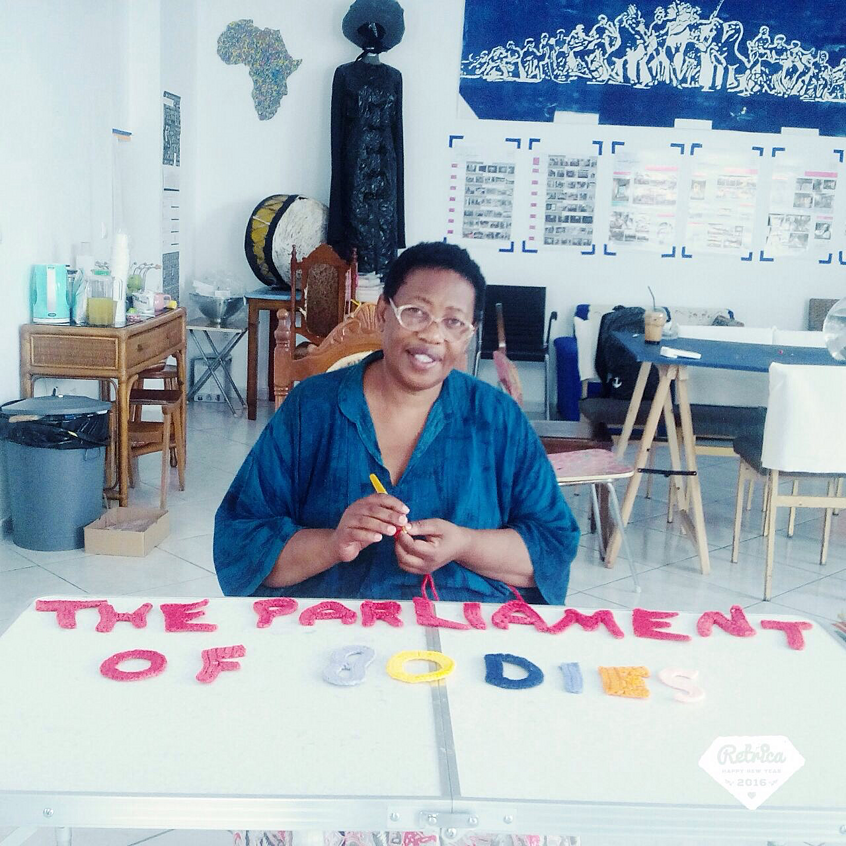
Jack Halberstam, οpening of the Public Programs of documenta 14 at Parko Eleftherias, photo: Stathis Mamalakis
Halberstam’s recent research has focused on the exponential increase in the last decade of public discussion in the US and Europe around transgenderism. In his upcoming book Trans*. A Quick and Quirky Account of Gender Variability (forthcoming 2017), Halberstam analyzes the reasons that transformed what was formerly considered an unusual or even unfortunate disorder to become an accepted articulation of gendered embodiment as well as a new site for political activism. How did a stigmatized identity become so central to articulations of self and other? What fuels the continued fascination with transgender embodiment and how has the recognition of its legitimacy changed current gender protocols in the US? What is the history of gender and how does it sit alongside histories of sexuality, race, ability, and health? Whether it comes in the form of Preferred Gender Pronouns (PGP) or even new classifications of gender identity (agender, androgynous, cis-gender), the visibility of transgender must be seen as part of a larger shift in habits and customs around classification, naming, and inhabiting the human body. While new gender protocols as expressed on Facebook and in other forms of social media seem to register advancement, flexibility, and even a decentering of normative gendering, increased flexibility with regards to gender may also be part of new regulatory regimes.
Trans* pays attention to the ebb and flow of regulation and innovation, governance and experimentation. In addition to placing shifts and changes in trans identities firmly within a matrix of gender and sexuality identities and practices, in his presentation for documenta 14, Halberstam argues that new visibility for any given community has advantages and disadvantages, liabilities and potentialities.
Jack Halberstam is visiting professor of English and Comparative Literature and Gender Studies at Columbia University, New York. Halberstam is the author of Gaga Feminism: Sex, Gender, and the End of Normal (2012); The Queer Art of Failure (2011); In a Queer Time and Place (2005); Female Masculinity (1998) and Skin Shows: Gothic Horror and the Technology of Monsters (1995). Halberstam is currently working on several projects, including a book titled WILD THING on queer anarchy, performance and protest culture, the visual representation of anarchy, and the intersections between animality, the human, and the environment.
